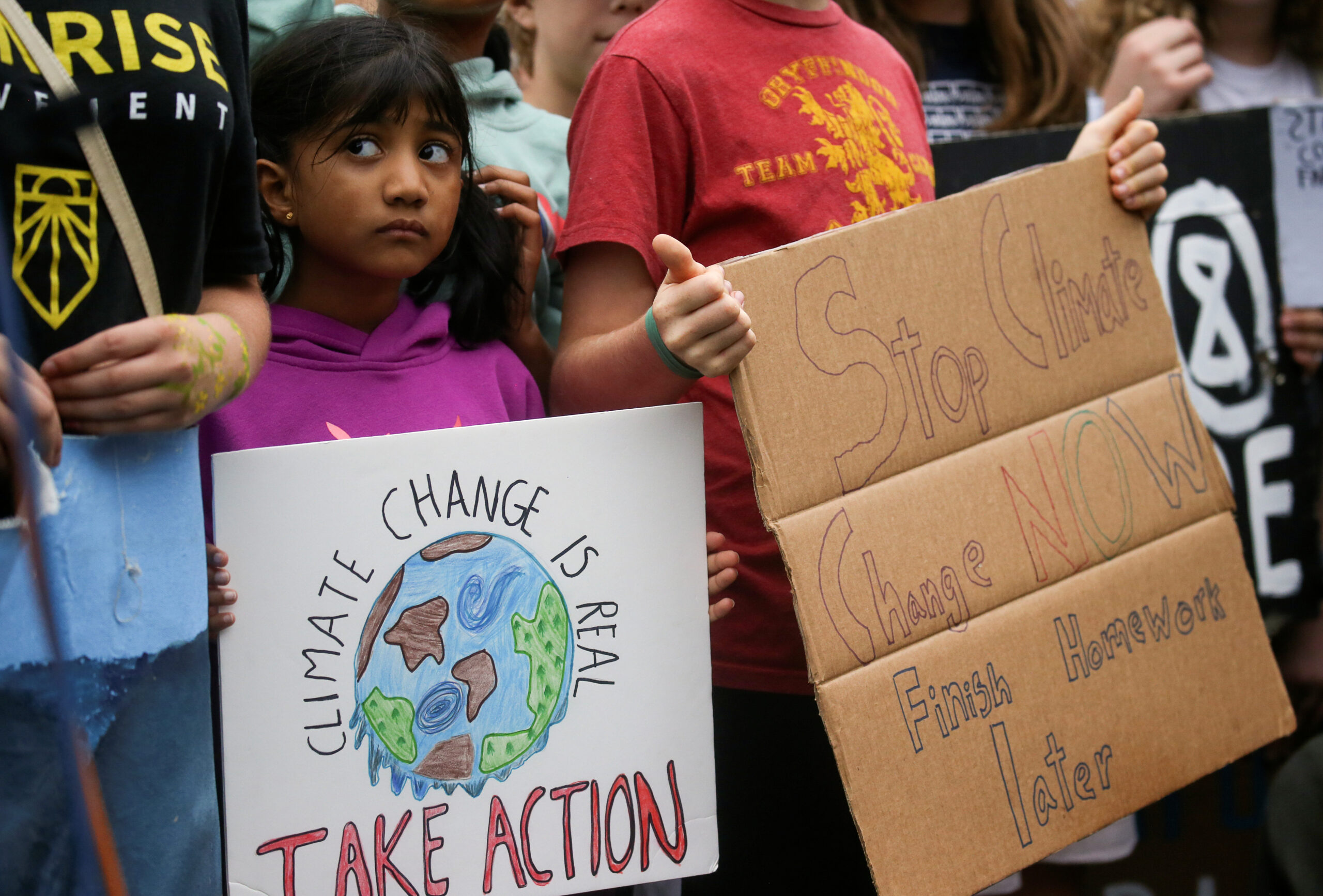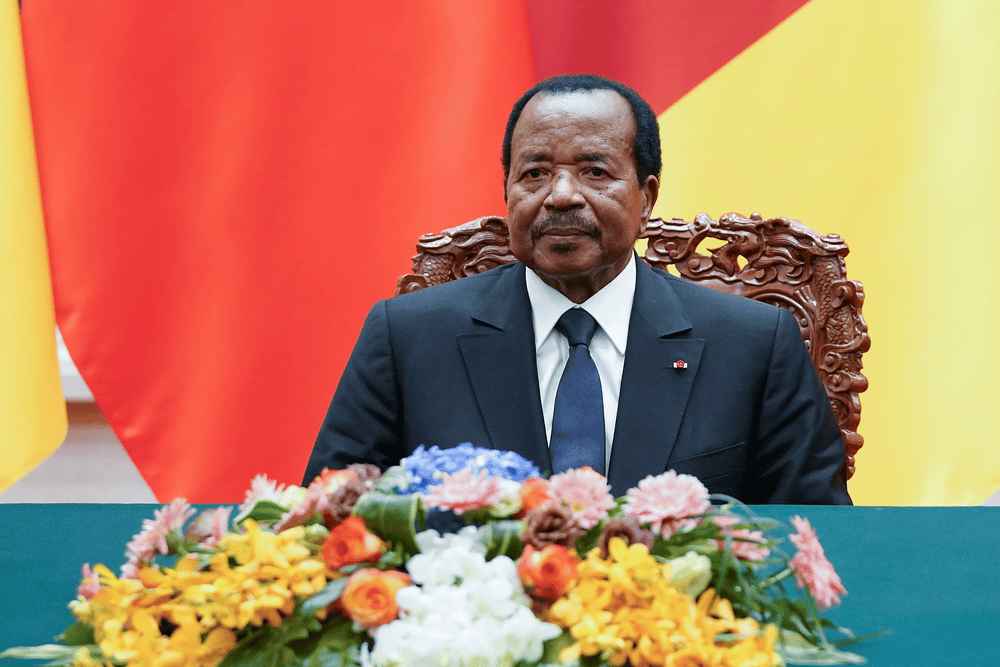
Experts warn of surging climate change anxiety among children

Eco-anxiety is a response to the climate and wildlife crises the world is facing, which have climbed the agenda amid school strikes, extinction rebellion protests and warnings from UN-backed science reports.
Caroline Hickman, a psychotherapist who is a member of the Climate Psychology Alliance (CPA) executive committee and a teacher at the University of Bath, said she saw people in all age groups reporting eco-anxiety, though different ages can experience it in different ways.
All children she has spoken to are “clear” they are feeling eco-anxiety and “all seem to realize that their future has got the uncertainties that we assumed when we were growing up”.
Children are learning about the world, from coral reefs to polar bears and clean air, in the context of how it is under threat.

Despite parental concerns about protecting their children from the crisis, youngsters are clear on the need to take action and want to be told the truth – just not in a way that terrifies them.
“It is a terrible thing to do to have to tell your child frightening things and it is a powerful urge to protect a child, but we need to think about protection being also concerned with being honest, protecting them from betrayal and feeling lied to or abandoned.”
She suggests parents “need to listen to the child carefully, do not dismiss their questions, answer them honestly” and give reassurance, for example, by saying the family will be facing what happens together.
Ms Hickman also said: “Eco-anxiety is not a mental health problem that needs to be fixed or cured, it is a healthy response to the situation we are facing.”
It could be described as “eco-awareness” or “eco-awakeness”, because the process of becoming aware of the reality of the situation the world is in was “a little like waking up”.

Justine Roberts, founder of Mumsnet, said many of the website’s users were “extremely anxious” about the issue, with a 150% increase in mentions of climate change in 2019 so far, compared to the whole of 2018.
Concern for their children’s futures comes through strongly in these discussions, she said.
“Some say they are reluctant to discuss the issue at home because they can’t think of anything positive to say, or because they don’t want to overwhelm their children.
“Others advise being calmly factual, emphasizing the efforts of ordinary people worldwide to mitigate the worst of the damage, and using role models to demonstrate that young people can make a difference.”
For Graham Frost, headteacher of Robert Ferguson Primary School in Carlisle, Cumbria, helping youngsters feel they are making a difference is key.
Mr Frost said he had seen pupils – and his own children – feeling anxious about issues such as climate change.
He said: “We’ve done quite a lot of work recently on environment and climate, to the point we are facilitating student activism, and I think that’s important.
“My view as an educator and a parent is it helps them to feel that they’re doing something about it.”
School leaders have a duty to prepare children for the future, but also to help them in their efforts to protect the world they are inheriting, in a safe, lawful and democratic way, he argues.






